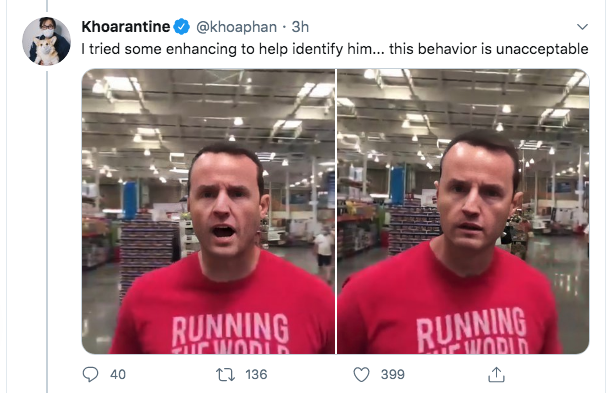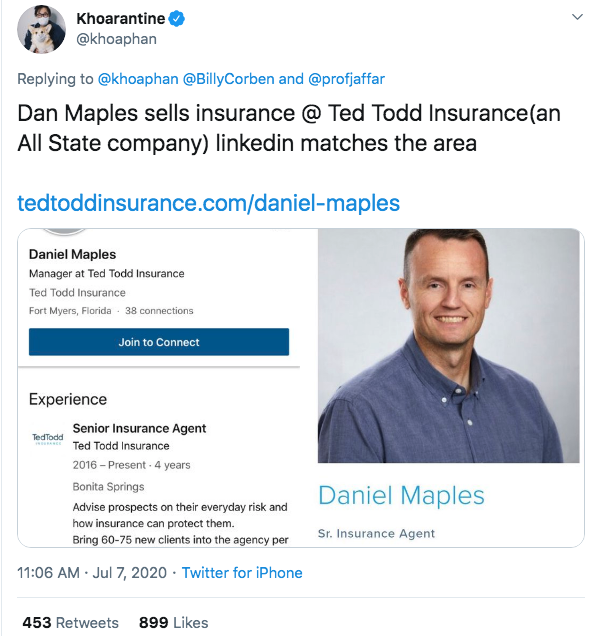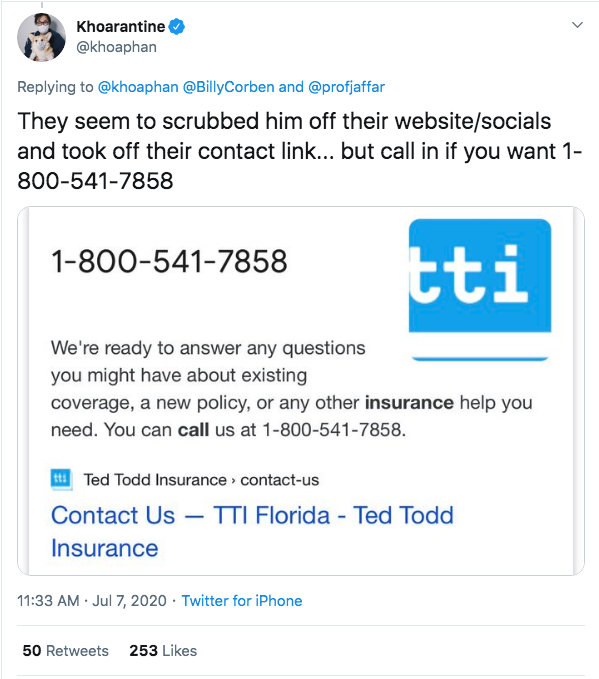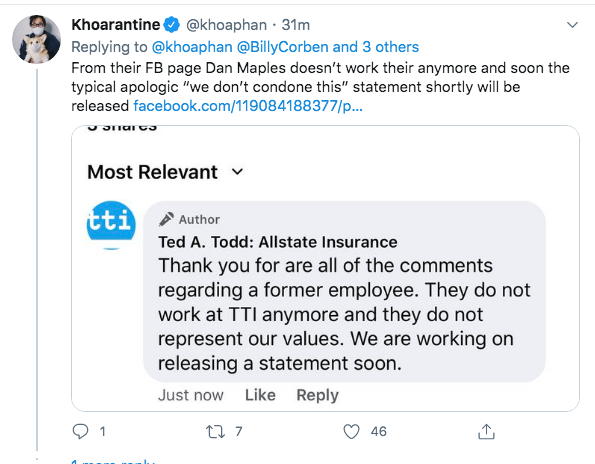
Why does it seem impossible to engage in good faith debate online?
I think a phenomenon I call "disinterpretation" can help us understand why that's the case.
(Thread)
I think a phenomenon I call "disinterpretation" can help us understand why that's the case.
(Thread)
A couple examples:
During the DNC last summer, I thought Julia Louis-Dreyfus's hosting one night, which tried to be both edgy and family friendly, was kind of awkward. So I tweeted, "Let's be honest, this is the low point of Julia Louis-Dreyfus's career.”
During the DNC last summer, I thought Julia Louis-Dreyfus's hosting one night, which tried to be both edgy and family friendly, was kind of awkward. So I tweeted, "Let's be honest, this is the low point of Julia Louis-Dreyfus's career.”
A Twitter user who commented often on my posts responded, “You sound a lot like Christopher Hitchens.” They were alluding, of course, to his notorious misogynistic Vanity Fair essay arguing that women aren’t funny.
I was startled. It wasn’t just a bizarre leap from what I had said, but it was in fact an inversion of what I was getting at: I find Louis-Dreyfus to be very funny, and it was clear that the strictures of a stuffy (online) political convention were stifling her.
And that's to say nothing of the fact that even if I _had_ been saying Louis-Dreyfus isn't generally funny, that of course wouldn't be a class-wide indictment of women comics. (I don’t generally comment on comics, so the criticism wasn’t a response to other things I’ve said.)
Another example told via screenshots from my newsletter.
TLDR: someone accused me of shifting goal posts in an exchange about Hillary Clinton while attributing false quotes to me & saying I didn't believe in things I've reported on extensively.
zeeshanaleem.substack.com/p/twitter-bad-…

TLDR: someone accused me of shifting goal posts in an exchange about Hillary Clinton while attributing false quotes to me & saying I didn't believe in things I've reported on extensively.
zeeshanaleem.substack.com/p/twitter-bad-…


This style of discourse is endemic to Twitter. Commentators are constantly being characterized as believing things they don’t believe, and entire intellectual positions are stigmatized based on vague associations with ideas that they don’t have any substantive affiliation with.
Often it happens because positions don’t instantly appear to fit into classic left-right or liberal-left binaries. If I critique Robin DiAngelo’s White Fragility workshops I’m told I oppose making the workplace diverse; if I say doxing civilians can be hyper-punitive I’m told ...
... that I’m a reactionary uninterested in the fight against mass incarceration, even though that's an issue I've written about for over half a decade.
I increasingly decline to rebut these kinds of points and say “I did not say that” or “please read what I wrote.”
I increasingly decline to rebut these kinds of points and say “I did not say that” or “please read what I wrote.”
What accounts for this mass illiteracy? How is someone reading something yet not truly reading it at the same time?
I believe it's illustrative of an intellectual climate in which nothing is untouched by polarization, and everything is seen as a battlefield.
I believe it's illustrative of an intellectual climate in which nothing is untouched by polarization, and everything is seen as a battlefield.
Every post is seen as a proxy for some broader orientation which must be sorted into the bin of good/bad, socially aware/problematic, savvy/out of touch, my team/the enemy. The text itself is often largely irrelevant.
Remarkably, this filtration process is so intense that people want to sort out any given comment into one of these bins _before they’ve even fully interpreted them_.
If you’re not inclined to “read the room” — one of the most common exhortations among the braindead Twitterati — in a specific corner of the Internet and put forward instantly recognizable talking points, then your comments are flagged as at odds with what’s considered sensible.
There’s an almost algorithmic quality to the way that this scanning and sorting process works, which would explain how people come to conclusions that often don’t make much sense outside of the function of identifying irregularities in The Discourse.
Which brings me to the idea of disinterpretation, which is perhaps the premier analytic tool for flourishing on social media.
Disinterpreting something is incorrectly interpreting something with an adversarial, antisocial, and exploitative ethos.
Disinterpreting something is incorrectly interpreting something with an adversarial, antisocial, and exploitative ethos.
Misinterpretation is when people incorrectly understand meaning. Disinterpretation is when they don’t have the intention of understanding it.
Needless to say, disinterpretation helps foster a climate that dampens intelligent debate and makes people reluctant to articulate themselves in ways that don’t signal conformity to recognizable factions.
Even straightforward descriptive accounts of the world are vulnerable to bad faith attacks. Like the time I was invited onto Tucker Carlson because they thought describing N. Korea's economy as growing was the equivalent of celebrating their government?
zeeshanaleem.substack.com/p/twitter-bad-…
zeeshanaleem.substack.com/p/twitter-bad-…

Anyway, this thread is getting too long -- you can read the rest, including my engagement with a great thread-essay by @Millicentsomer last year on how “bad faith is the condition of the modern internet" at my newsletter: zeeshanaleem.substack.com/p/twitter-bad-…
Bottom line: we’re tilting toward a universe in which all discourse is subordinate to activism; everything is a narrative, and if you don’t stay on message then you’re contributing to the other team on any given issue.
What this does is eliminate the possibility of public ambiguity, ambivalence, idiosyncrasy, self-interrogation.
Yes, and I think that maybe it's worth drawing a distinction between readers and posters, the latter of whom sometimes only view text as a vehicle for public self-affirmation or self-aggrandizement.
https://twitter.com/aaronhuertas/status/1367558340025475082
I swear this is not me posing under an alt account to try to prove my own point.
https://twitter.com/aisling206/status/1367570856319332352
• • •
Missing some Tweet in this thread? You can try to
force a refresh







